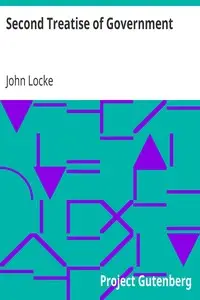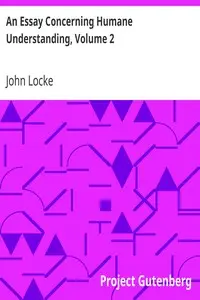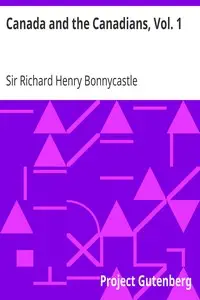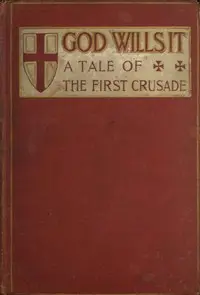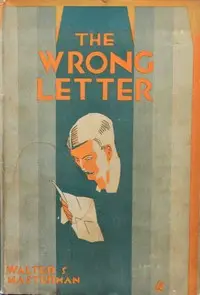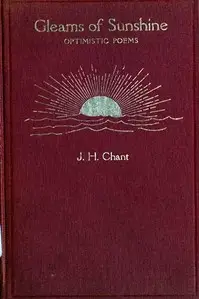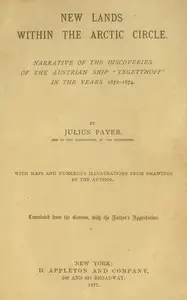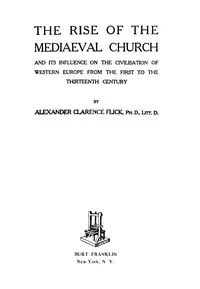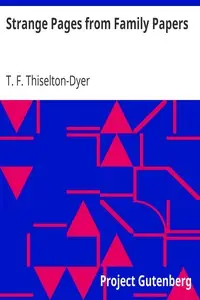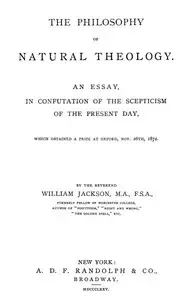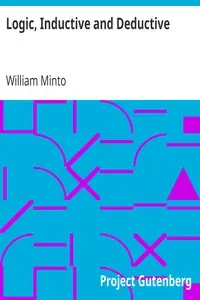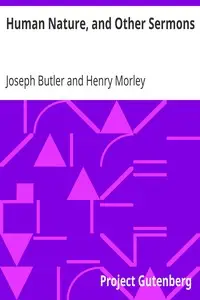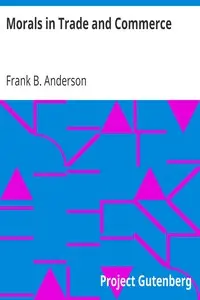"An Essay Concerning Humane Understanding, Volume 1" by John Locke is a philosophical treatise written during the late 17th century. The work mainly explores the nature of human understanding, asserting that individuals are born without innate ideas and instead acquire knowledge through experience and reflection. The opening of the essay introduces the central theme, where Locke emphasizes the importance of examining human understanding itself as a means to attain knowledge. He argues against the notion of innate principles, suggesting that our knowledge is built from sensory experience and the workings of our mind, rather than being pre-engraved in us from birth. In the initial chapters, he outlines his method of inquiry, focusing on the origins of ideas and the distinctions between knowledge, belief, and opinion. Locke proposes that a clearer understanding of human cognition can lead to more effective engagement with the world around us. (This is an automatically generated summary.)
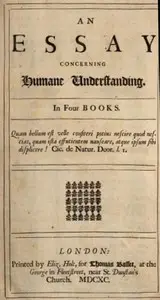
An Essay Concerning Humane Understanding, Volume 1 MDCXC, Based on the 2nd Edition, Books 1 and 2
By John Locke
"An Essay Concerning Humane Understanding, Volume 1" by John Locke is a philosophical treatise written during the late 17th century. The work mainly e...
John Locke was an English philosopher and physician, widely regarded as one of the most influential of Enlightenment thinkers and commonly known as the "father of liberalism". Considered one of the first of the British empiricists, following the tradition of Francis Bacon, Locke is equally important to social contract theory. His work greatly affected the development of epistemology and political philosophy. His writings influenced Voltaire and Jean-Jacques Rousseau, and many Scottish Enlightenment thinkers, as well as the American Revolutionaries. His contributions to classical republicanism and liberal theory are reflected in the United States Declaration of Independence. Internationally, Locke's political-legal principles continue to have a profound influence on the theory and practice of limited representative government and the protection of basic rights and freedoms under the rule of law.


